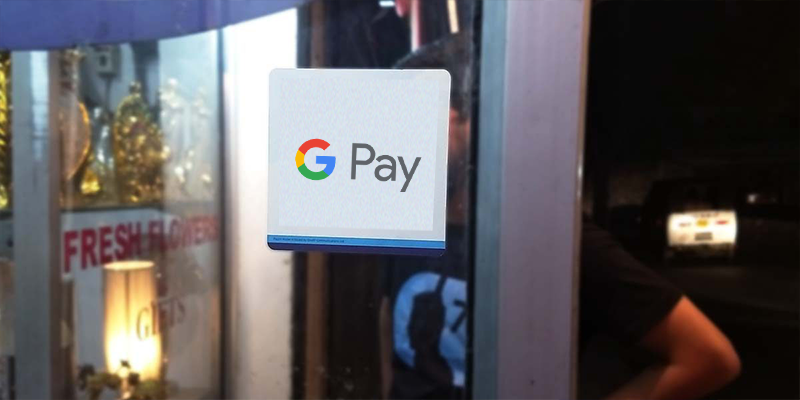
The Delhi High Court has rejected two public interest litigations that sought to halt the operations of Google Pay in India, alleging violations of regulatory and privacy standards within the country.
One of the petitioners, Abhijit Mishra, contended that Google Pay’s operations in India as a “payment system provider” were unauthorised due to the absence of necessary permissions.
The bench, led by Chief Justice Satish Chandra Sharma, dismissed the petitions, asserting that Google Pay functions merely as a “third-party app provider” and, as such, does not require authorisation from the Reserve Bank of India (RBI) under the Payments and Settlement Systems Act (PSS Act). The court found no merit in the pleas.
.thumbnailWrapper
width:6.62rem !important;
.alsoReadTitleImage
min-width: 81px !important;
min-height: 81px !important;
.alsoReadMainTitleText
font-size: 14px !important;
line-height: 20px !important;
.alsoReadHeadText
font-size: 24px !important;
line-height: 20px !important;

The petitioner claimed that Google Pay was not mentioned among the entities authorised by the PSS Act and other statutory regulations to establish and operate a payment system within India.
Concerns were also voiced about Google Pay’s unrestricted access to customers’ sensitive information, including Aadhaar, PAN, and transaction details.
In its recent order, the court held that Google Pay does not qualify as a system provider according to the PSS Act and dismissed the petitioner’s claim that the platform actively accessed and collected sensitive user data.
“It can be safely gathered that NPCI (National Payments Corporation of India) is the operator of the UPI system for transactions in India and is a ‘system provider’ which is authorised by the RBI under the PSS Act to extend its services for facilitating transactions, and the transactions carried out via UPI through Google Pay are only peer-to-peer or peer-to-merchant transactions and is not a system provider under the PSS Act, 2007,” the bench, also comprising Justice Subramonium Prasad, said.
“Third-party apps such as Google Pay are designed to provide a large customer base to participating banks. A third-party app such as Google Pay obtains approval from NPCI for operating on the UPI platform,” observed the court.
Edited by Kanishk Singh


![Read more about the article [TechSparks 2022] 10 reasons to attend the 13th edition of India’s most influential tech event](https://blog.digitalsevaa.com/wp-content/uploads/2022/11/Imagekctn-1667993735247-300x150.jpg)







![Read more about the article [100 Emerging Women Leaders] How Lavanya Ashok went from working at Goldman Sachs at Wall Street to leading Trifecta Capital’s growth fund](https://blog.digitalsevaa.com/wp-content/uploads/2021/09/100emergingwomen-LavanyaAshok-1631090373683-300x150.png)